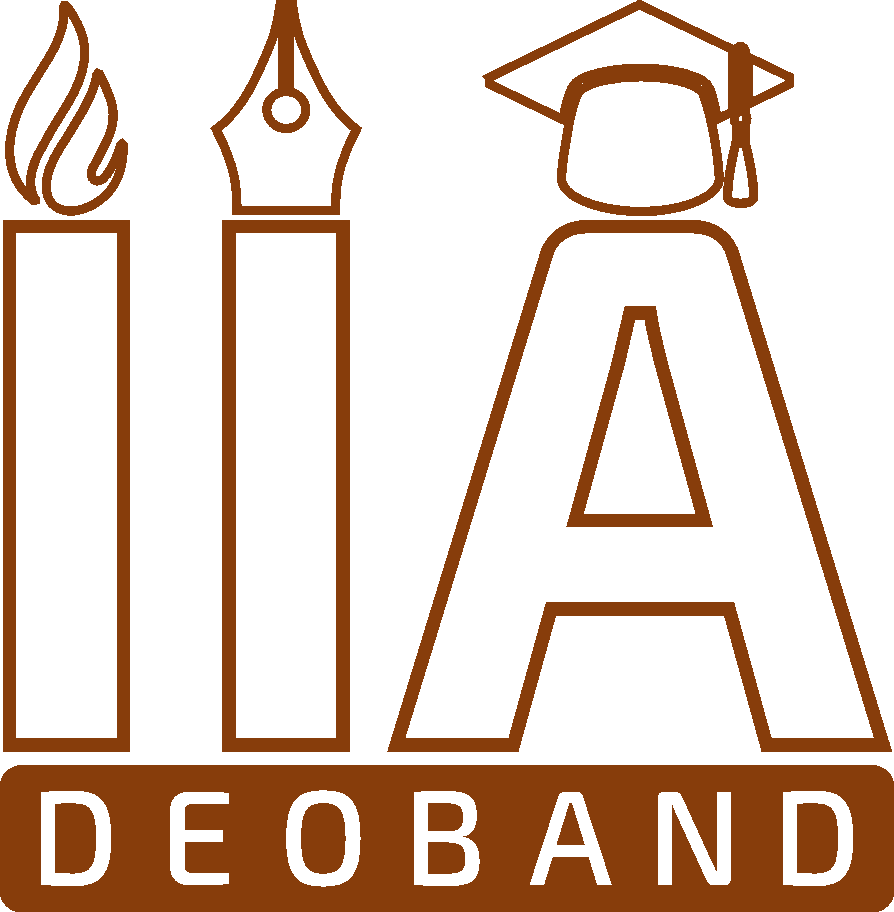Comparative Religion Certificate Course
Course Duration 6 Month's
Course Objectives:
1. To provide a detailed understanding of the world’s major religions and ideologies, focusing on their origins, beliefs, practices, and societal impacts.
2. To develop critical thinking and analytical skills in examining religious texts and traditions, emphasizing the importance of interpretation and the diversity within religious views.
3. To foster interfaith dialogue and promote understanding by exploring both the similarities and differences among various religious traditions and ideologies.
Eligibility Criteria:
Candidates eligible for this course include those who have completed Alimiyat from a Madrasa or hold a university degree.
Applicants must be proficient in reading and writing Urdu, English, or Hindi.
Syllabus Outline:
Comparative Religion:
Hinduism:
Introduction, History, Core Concepts, Sacred Texts, Philosophical Schools, Cultural and Festival Practices, Modern Influence, Prominent Philosophers and Reformers, Hindu-Muslim Relations, Colonial Impacts, Rise of Hindutva.
Buddhism:
Introduction, Historical Context, Life and Mission of Buddha, Core Concepts, Canonical Texts, Major Sects, Contributions of Ambedkar, Historical Spread and Decline, Interactions with Hinduism, Jainism, and Islam, Contemporary Issues.
Jainism:
Introduction, Historical Overview, Life and Mission of Mahavir, Key Concepts, Canonical Literature, Practices, Sects, Revivalism, Monastic Life, Interactions with Buddhism and Islam, Present-Day Challenges.
Sikhism:
Introduction, Historical Development, Core Beliefs, Cultural and Traditional Practices, Sects, Relationships with Sufism, Hinduism, and Islam, Current Challenges.
Judaism:
Introduction, Historical Background, Sacred Texts and Interpretations, Cultural Aspects, Zionism, Anti-Semitism, Holocaust, Modern State of Israel, Sects, Legal Systems, Relations with Christianity and Islam, Contemporary Issues.
Christianity:
Introduction, Historical Evolution, Scriptures and Interpretations, Theological and Ethical Debates, Sectarian Schisms, Core Concepts, Role of the Church, Effects of Colonialism, Secularization in Europe, Interfaith Relations, Current Challenges.
Islam:
Introduction, Historical Phases (Pre-Prophetic to Modern), Core Teachings, Sacred Literature, Different Schools of Thought, Interactions with Science, Religious and Social Reforms, Islamic Movements, Contemporary Issues.
Comparative Ideologies:
Anarchism: Definitions, History, Theory, Tactics, Key Issues, Criticisms, Comparison with Islam.
Communism: Origins, Development, Theoretical Frameworks, History, Tactics, Major Critiques, Comparative Analysis with Islam.
Secularism: Concept of a Secular Society, Philosophical Underpinnings, Definitions, Historical Development, Tactics, Key Issues, Criticisms, Comparative Study with Islam.
Liberalism: Definitions, Historical Context, Key Theories, Tactics, Foundational Figures, Relationships with Democracy, Variations within Liberalism, Comparison with Islam.
Additional Ideologies: Detailed exploration of Corporatism, Nationalism (including specific focuses on Europe and India), Colonialism, Orientalism, Humanism, Feminism, Atheism, Agnosticism, Apostasy, and Hindutva.
This curriculum is designed to equip students with a broad and inclusive understanding of diverse religious and ideological frameworks, preparing them for informed participation in global dialogues and communities.

